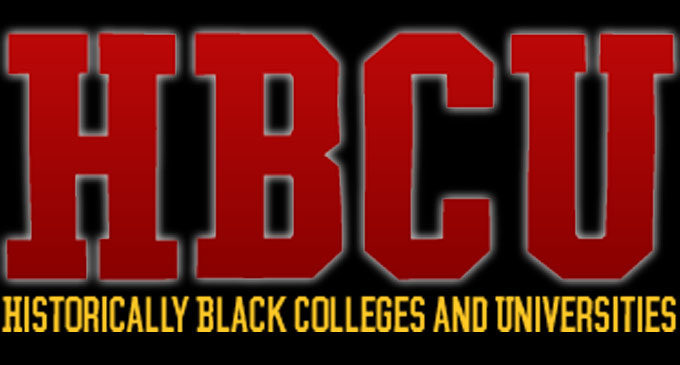Commentary: Consider attending an HBCU where you will thrive educationally and athletically

By Dr. James B. Ewers Jr.
I am an advocate and proponent of Historically Black Colleges and Universities (HBCU). I am a witness to their power and purpose.
HBCUs take the rough and the smooth and make us valuable contributors to the world.
It has been that way since the founding of the first HBCU (Cheyney University of Pennsylvania in 1837) to now.
There are givens and intangibles that HBCUs give students in abundance. There is the welcoming atmosphere of the campuses. People with or without titles care about you. They ask questions as simply as “Can I help you?” or “How are you?”
When you are a first-year student never having left home, having someone ask how you are doing is a big deal. I am a graduate of Johnson C. Smith University, an HBCU located in Charlotte. My first day on campus walking into my residence hall, Carter Hall, will forever be etched in my mind.
I received what I would call a CE (caring education). It was not just the learning part. My teachers cared about my well-being. They showed it by their patience and their temperament. Their profession was to teach. Their hearts were to care.
This is what you get at a Historically Black College and University. The scenario I just painted has been re-painted by thousands of HBCU graduates. The joy of this picture is that it lives on today. Teachers, staff and administrators want to be there. It was not their second choice. It was not an alternative.
Being at an HBCU is a calling that many have answered. The same passion for excellence runs through the veins of those employed today at HBCUs.
Many of us have been HBCU ambassadors for years. We have been recommending and recruiting students to HBCUs. We have also held open houses and sponsored scholarships. What we need to see is more people using these strategies.
However, one important strategy has been missing in many school districts in America. We must have more teachers and counselors recommend HBCUs to their students. In order to recommend more students, they must find out more and be better versed about HBCUs. I believe that students are missing out by not knowing about the academic programs and extracurricular activities at our colleges and universities.
While many of us know about HBCUs, there are many who do not. This information can serve as a guide for them.
There are 107 Historically Black Colleges and Universities that are identified by the U.S. Department of Education. This is 2020 data. There are four-year and two-year schools, both public and private. Major programs are contemporary and cutting edge. Scholarships are available and schools are looking for qualified students.
On-campus and off-campus housing opportunities are available, along with a variety of internship programs.
All of these schools have strong academic missions that have withstood the test of time. Extracurricular activities and athletics have been central to keeping students stimulated and motivated. Many clubs are civic-minded and participate in such efforts as voter registration drives.
Athletic competition is available at the Division I, II and junior college levels. HBCUs have sent their fair share of student- athletes to the professional ranks.
Recently, we have seen former professional athletes become coaches at HBCUs. There will be more to come.
There are athletic scholarships in all sports. Contact the schools for more information.
Graduate programs and continuing education programs continue to grow at these schools.
As you begin your college visits, include HBCUs. You will come away impressed and wanting to enroll your loved ones as a traditional or non-traditional student.
This column is dedicated to Reverend Elmon W. Prier, an award-winning teacher, coach and author. He has counseled hundreds of students about their higher education aspirations. He is a graduate of Wilberforce University, an HBCU in Yellow Springs, Ohio.
James B. Ewers Jr., Ed.D., is a former tennis champion at Atkins High School in Winston-Salem and played college tennis at Johnson C. Smith University, where he was all-conference for four years. He is a retired college administrator. He can be reached at overtimefergie.2020@yahoo.com.









